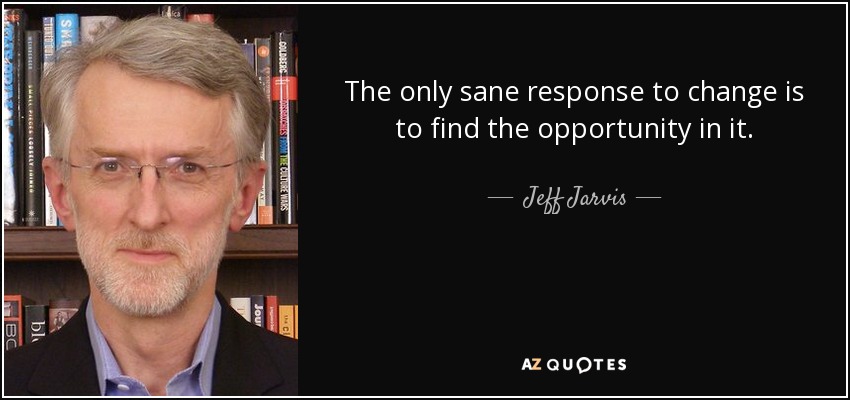

It would multiply my misery by the size of the observing audience, regardless of the latter’s intent or information. However, such suffering in public would feel like a nightmare to an introvert like me. This works for extroverts, of which Jarvis appears to be an extreme case. The Jarvis support group was called into being by the public exposure of a very private condition. Jarvis blogged fearlessly about his condition, his treatment, his questions and anxieties, and he received from his readers much reassuring information and comfort which was not forthcoming from the medical profession. He cites as an example his own bout with prostate cancer. This changes dramatically the character of the community which gathers there: compared to, say, the citizen’s assembly of ancient Athens, it is less rule-directed, more fleeting, more heterodox.Ī great advantage of the transparent life, Jarvis maintains, is the ability to connect with such ad hoc communities for information and support. The town square has become a virtual space. Today, of course, publicness is powered by social media.

The resulting transparency is a much older cultural ideal than privacy: it harks back to the classical republics, which placed the town square at the center of the citizen’s existence. He preaches the goodness of conducting life and business out in the open, where all can see.

Jarvis, for balance, prefers to tack in the opposite direction. A legion of advocates, he rightly notes, have converted “privacy,” a vague concept of recent vintage, into a universal human right. Jarvis should be considered an apostle rather than an analyst of publicness.
Jeff jarvis professional#
Finally, the substance of the dispute – the “cyber-skeptic versus cyber-utopian” hardy perennial – has been ritualized until it resembles the intellectual equivalent of professional wrestling, with choreographed arguments and loud, hoarse voices imitating excitement.

Second, Morozov, while no doubt intelligent and well informed, assumes the pose of an insufferable prig – and may, I fear, actually be one. Rather than add to the shouting, let me make a couple of observations on the controversy before tiptoeing away.įirst, I don’t suppose either man ever encountered a form of attention he didn’t enjoy. That review can be found here Jarvis’ responses are here and here. I should mention that Public Parts earned notice initially as the object of a very public food fight between Jarvis and Evgeny Morozov, following the latter’s brutal review of the book in The New Republic. Not surprisingly, all feel a degree of concern – amounting to panic in some quarters – about revealing too much, becoming vulnerable or unlovely in their nakedness. By choice or circumstance, all are performing a high-tech version of the Dance of the Seven Veils, revealing more and more information once considered confidential. In Public Parts, Jeff Jarvis observes that this is true of individuals but also of companies and governments. We are increasingly living our private lives in public, and have become correspondingly obsessed with finding the perfect “setting” to the audience which has earned the right to our life’s story. The reason his mother and I didn’t know he knew is because, at the censorious age of 16, our daughter doesn’t friend adults of any sort – much less of the parental variety. The reason he knew is because our daughter had posted the whole thing on Facebook. The next day, we related the story to our son who is away at school, but it was already old news to him. My daughter played a display piano in our pharaonic shopping mall, and received five dollars from a passer-by: a funny incident.


 0 kommentar(er)
0 kommentar(er)
